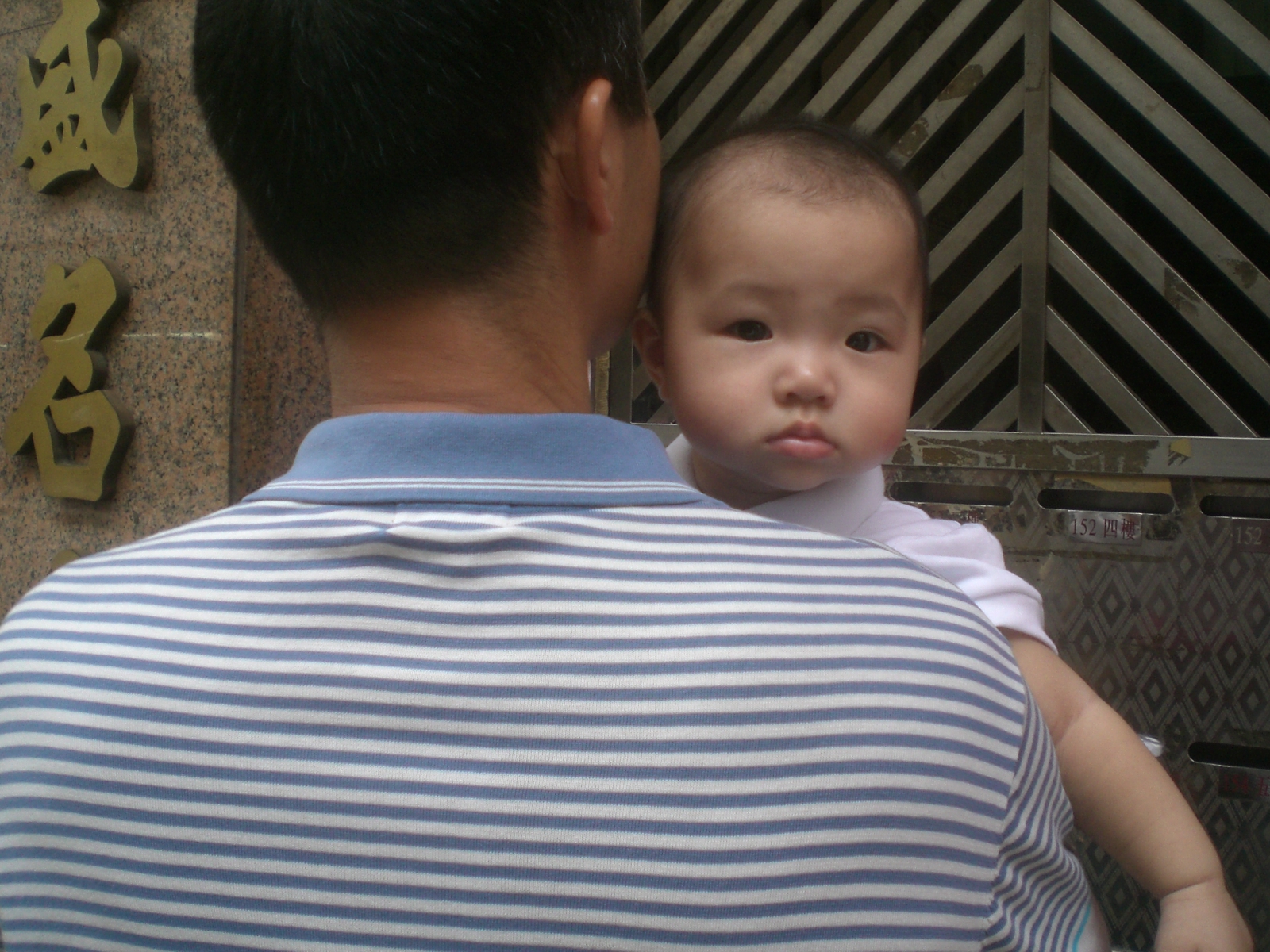While much attention has focused on the impact of maternal psychiatric illness on the well-being of the child, less is known about the impact of psychiatric illness in the father. A large population-based study from Norway examines the association between symptoms of psychological distress in expectant fathers and socioemotional and behavioral outcomes in their children at 36 months of age.
This study is based on data from the Norwegian Mother and Child Cohort Study on 31,663 children. Information about the fathers’ mental status was obtained by self-report (using the Hopkins Symptom Checklist) at week 17 or 18 of gestation. Information about the mothers’ pre- and postnatal mental health and children’s socioemotional and behavioral development at 36 months of age was obtained from parent-report questionnaires.
Three percent of the fathers had high levels of psychological distress. There was a small positive association between the fathers’ psychological distress and the children’s behavioral difficulties, emotional difficulties, and social functioning.
The current study is one of the largest to date assessing the impact of the father’s mental health on the child’s well-being. It is a bit different from other studies in that it assesses the fathers’ psychological distress during pregnancy and demonstrates a consistent positive predictive association between the father’s mental status and the socioemotional and behavioral development of his child at 36 months of age.
While the authors suggest that psychological distress in the father may reflect a genetically transmitted risk for psychiatric illness in the child, there are other mechanisms which are likely to contribute to this association. Depression in the expectant fathers may also have an impact on the mental health of their pregnant partners and thereby have indirect negative effects on child outcomes through an impact on the mothers. In addition, a father’s prenatal mental health is also likely to predict his mental health in the postpartum period, and this distress experienced by the father during the postpartum period may account for the association.
Clearly the dynamics within a family are complex, and there are many factors which contribute to a child’s development. While we know that a mother’s mental well-being is important to a child’s development and well-being, a growing body of literature indicates that the father’s mental status also plays a role and that we cannot afford to ignore his well-being as we consider the well-being of the child.
Ruta Nonacs, MD PhD
Kvalevaag AL, et al. Paternal mental health and socioemotional and behavioral development in their children. Pediatrics. 2013 Jan 6; DOI: 10.1542/peds.2012-0804.







Leave A Comment